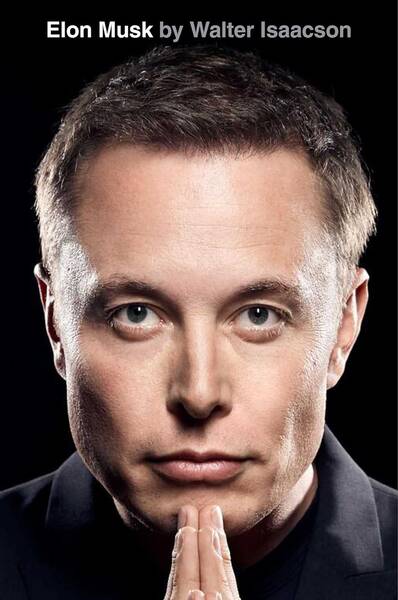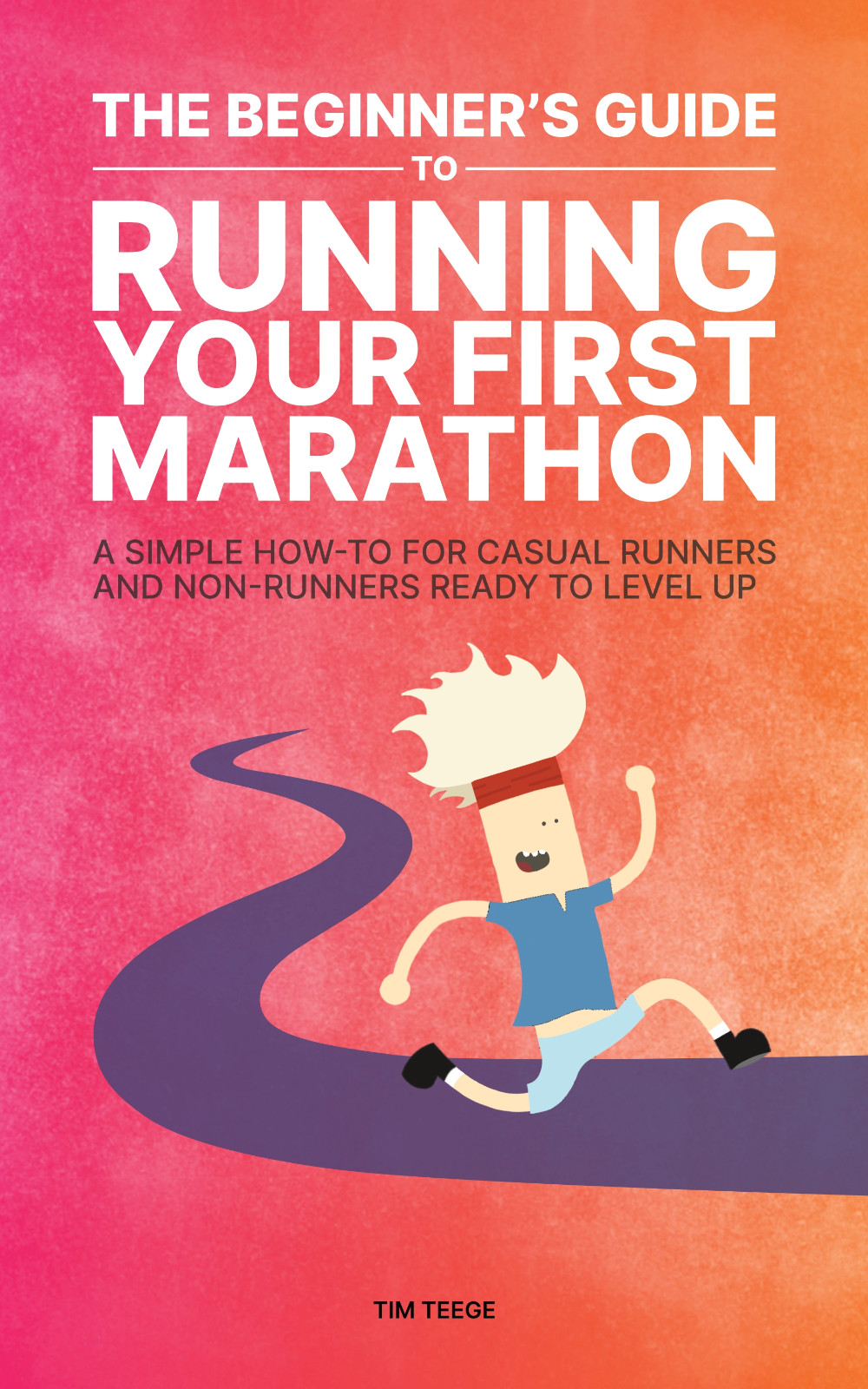🎨 Impressions
History is made by individuals. Our world would look a lot different today if it weren’t for Caesar, Leonardo da Vinci, Genghis Khan, Hitler, George Washington, Marie Curie, or Steve Jobs. Elon Musk is a recent addition to the few people who have steered humankind towards a different path. I have followed his career with lots of interest and I have read other Walter Isaacson biographies before, so I highly anticipated the release of this book.
First things first. When reading a good biography about a person, it’s easy to forget it’s a book written by a different person and not just a description of the life of the person in focus. While Walter Isaacson is one of the most renowned biographers right now and used to run CNN, he isn’t infallible, of course. I’ve already read some articles claiming he made mistakes or presented complicated details of Musk’s life in a misleading way, especially regarding the degree of Musk’s involvement in a counter-attack on Russia by the Ukrainians during the ongoing war. While that situation has been publicly cleared up in the meantime and it’s just a tiny speck in the amazing life Musk has lived up until now, it’s still worth noting that biographies aren’t always completely truthful. They can’t be. Isaacson had about two years of close contact with Musk and many of the people in his life in order to write this book and it seems he has become a trusted confidant to them all. That’s the basis you need to be aware of when forming your opinion. The clickbait articles don’t tell the right story, they have different agendas.
Another point worth making is that Elon Musk is just barely over 50 years old at the moment. There’s hopefully a lot of time left for him to require another biography. His current escapades, which make up nearly a quarter of the book, might be just a tiny little detour in the overall picture as well. We don’t know. Still, it has been really interesting to read about this unusual person who has already shaped the world like few others do, and Walter Isaacson did a 5-star job. Now on to the content.
The many layers of Elon’s character are highlighted in an touching way. It’s easy for me to identify with him and root for him to get out of that horrible family situation during his childhood in South Africa. I wonder if the abusiveness his father displayed influenced him in a way that sparked his incredible drive to reach his goals or if he had that within himself regardless. It certainly made him leave his home country aged 17 for the United States, which was the requirement for his ideas to take root. You can’t really build a tech empire based in any other country, it seems. Or five tech empires, for that matter.
From then on, it’s just insane what he accomplished and how much of a difference he made. Just before he started to turn Tesla into the world’s most valuable car company, all other major car companies had stopped to make serious electric vehicles. It was a bet he took and with his manic mind he might have been the only guy on the planet who was able to make the company succeed in a market rigged against electric and heavily influenced by the oil industry.
Same with SpaceX. Fueled by his drive to fly people to Mars as a first step to making humankind a multiplanetary species, the company he founded from the ground up succeeded in being the first privately started rocketship enterprise which is able to deliver goods and astronauts to the ISS and into orbit, and even land the rocket boosters to have them ready for reusing. This is just incredible to think about.
There have been some failed or sidelined companies in his past as well, for example the tunnel boring company or the fast travel one called Hyperloop. But even some of the side note companies which he either created or had a heavy impact on are industry giants now, like PayPal, which made him his first millions, or OpenAI, which created ChatGPT using mainly his funding after he founded it.
To me, he is one of the most inspiring people, if not the single most inspiring person currently living. I want to root for him to succeed. I want him to build that 25,000 USD Tesla and the Tesla “Robotaxi” which was his initial plan. I want him to fly people to Mars and build a colony there during our lifetime. I want to witness the greatness of humankind or maybe even play an active part in it in some capacity some day.
Before him, it seemed like we had collectively come to a halt. There has been so little innovation and few grand ideas in between, which were all immediately downplayed as too risky or crazy, so they would get no investment or support from the public. I was in the audience at author George R. R. Martin’s panel once, and remember him saying how sad he was when the US announced it would stop going into space and cancel the Space Shuttle program. I felt the same sadness about that. Have we become just an administering species? Trying to keep the status quo alive and seemingly even failing badly at that – see the climate crisis? A society consisting mainly of referees instead of doers, as Elon says?
Elon lit this spark of hope in me that we could become explorers again as well as sustain ourselves on this planet.
But, as you probably are aware, in recent years he lost track of his own visions. That’s the big tragedy of his life. Understandably, all those 20-hour workdays finally led to a sort of mental breakdown. He became intolerable on social media, started to fall for idiotic conspiracies, and moved his attention away from his missions towards the stupid acquisition of Twitter. Some call it “King’s Disease” when a successful person starts to become so arrogant they believe they can fix anything, even a highly dysfunctional social media platform. The book chronicles the Twitter take-over over almost a quarter of the book, and while it’s interesting to read the details, it’s at times hard to believe how a genius engineer like Elon who made rocketship designs which successfully reached space could be so uninformed about the most basic problems of Twitter, which are at its core, societal and ethical questions for which no one even has correct answers – the biggest example being how free you should make free speech.
It is actually easier to make electric cars mainstream and send rockets into orbit than it is answering these questions. I knew that before and he must have known that, too. That’s the puzzling part.
Still, to a degree, he was right. When he fired about 60 percent of the bloated 7,500 people Twitter staff and the platform stayed mostly operational in spite of what all the critics said, he was vindicated. Reading about how weak and sleepy that employee culture within the Twitter company actually was when he took over, convinced me he was right to clean up. And the Sacramento trip he did with his entourage to personally start moving the servers which were costing him 100 million dollars per year, despite the IT people telling him this would take 6-9 months and require many different contractors, was just super funny and it felt good to read how he again proved these negative referee type of people all wrong.
What’s lovely is learning about how his mother Maye and brother Kimbal still play such an important role in his life and often try to get him back on track. I especially love Kimbal’s quote about the whole Twitter situation which he said directly to his brother: “I really don’t give a shit about Twitter. It’s just a pimple on the ass of what should be your impact on the world.”
Of course, his personal life plays a big role in the biography. He has had three different wives and ten kids total. For unexplained reasons they all have been IVF or surrogate pregnancies, so there are two sets of twins and one set of triplets among them, which is typical for IVF conceptions. I felt really bad for him when I learned that one of his children decided to hate him and everything he stands for and break off all contact. It doesn’t seem like he’s a bad father, he just isn’t around a lot, of course. Apparently the reason was him becoming the world’s richest man, representing the capitalist structure of society which many people deem inherently unfair. This break made him sell all his houses and start living quite modestly, which I respect. Unfortunately it didn’t fix the relationship, though.
Rather heartwarming is his relationship to the famously named child he has with genius artist Grimes, called X Æ A-12. Little X seems to be his mascot. He takes him to many of the meetings, the two-year-old runs around the rockets and through his Gigafactories, explores the roofs of the houses which receive the solar panel roof tiles, and learned how to count down from ten before learning how to count up because of all the rocket launches he witnessed. And although Grimes and Elon are not really a couple anymore, they seem to have such a deep friendship and parenting partnership, it makes me feel like he has that love in his life which many highly successful people are missing.
Elon still has so much potential. It would be a shame if he would let Tesla stay at this level of producing solid electric cars at decent prices while all the other car companies are slowly catching up, and keep SpaceX at this level of doing NASA contract launches for government satellites et cetera so it can gain more stakeholder support. Both companies need to be put on track for reaching the next level and fulfilling their respective missions, and Elon’s big actions are a requirement for it. He has already made such a huge impact on the world, but there’s a lot more to do for him.


2 Comments
Write a CommentGoFuckYourself wrote:
29th of December, 2025 8:08
Leave a Reply to GoFuckYourself
→Teesche replied:
29th of December, 2025 8:46
Leave a Comment